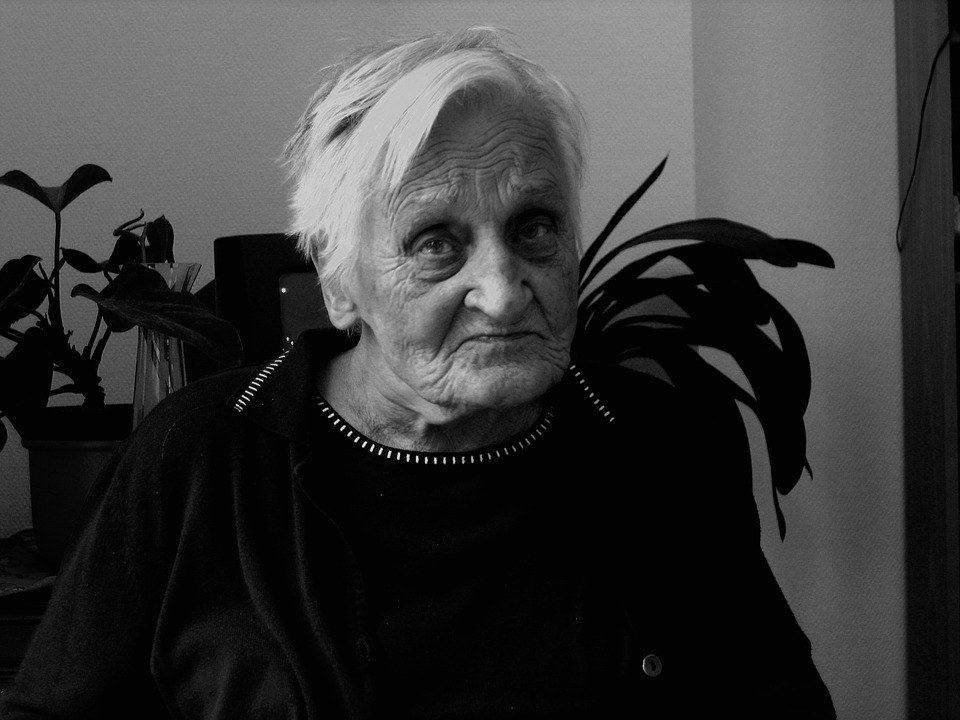Nursing Homes Drug Patients With Antipsychotics to Sedate Them Into Docility
By Heather Callaghan, Editor
We are sad to report that drugging elderly nursing home residents as a form of control is a rampant practice, although there has been a reduction in recent years. While some say the problem is due to understaffing, others point out that it would actually take more staff to care for a sedated patient.
“Given the dire consequences, it should be zero,” said attorney Kelly Bagby of the AARP foundation,
The AARP foundation has been campaigning against this type of abuse for years and is bolstered by a new report by Human Rights Watch. Residents are wrongly given drugs such as antipsychotics, bipolar medication and schizophrenia, that are used to treat serious mental illness. Furthermore, consent is not sought either from patient or guardians before the drugs are given.
Widget not in any sidebars
Associated Press reports:
According to the latest data from the federal Centers for Medicare & Medicaid Services, known as CMS, the percentage of long-term nursing home residents being given antipsychotic drugs dropped from about 24 percent in late 2011 to under 16 percent last year. Decreases were reported in all 50 states, with the biggest in Tennessee, California and Arkansas.
Dr. Jerry Gurwitz, chief of geriatric medicine at the University of Massachusetts Medical School, depicts the overall decrease as “one of the most dramatic changes I’ve seen in my career.” He wonders, however, if some nursing homes might be finding other medications that sedate their patients into passivity without drawing the same level of scrutiny as antipsychotics.
Advocacy groups — including the Washington-based Center for Medicare Advocacy and AARP Foundation Litigation — say even the lower rate of antipsychotic usage is excessive, given federal warnings that elderly people with dementia face a higher risk of death when treated with such drugs.
Based on interviews with more than 300 people and visits to 109 nursing homes in six states, the report said:
Antipsychotic drugs alter consciousness and can adversely affect an individual’s ability to interact with others. They can also make it easier for understaffed facilities, with direct care workers inadequately trained in dementia care, to manage the people who live there.
On paper, nursing home residents have strong legal protections of their rights, but in practice, enforcement is often lacking.
Ten years ago, according to the Department of Health and Human Services, roughly 270,000 nursing home residents suffering from dementia were receiving antipsychotic drugs even though such medications are not approved to treat that condition. The powerful class of drugs is intended, instead, to treat serious mental illnesses such as schizophrenia and bipolar disorder.
Analyzing the latest government data, Human Rights Watch estimates there are now about 179,000 people in nursing homes who get antipsychotics every week without having a diagnosis for which the drugs are approved.
 Free – 15-in-1 Survival Kit (Ad)
Free – 15-in-1 Survival Kit (Ad)
The biggest effort in reducing abuse of antipsychotic medications pushed on nursing home patients has been convincing staff and directors that dementia is not an “abnormal” behavior requiring medicine to quell it.
The reports that have shown a reduction of this sedation practice have mainly served to highlight the seriousness of the problem. Recently we reported on the social engineering attempting to push vaccines on nursing home residents, staff and even visitors. Forced and experimental medication involving antipsychotics for those who do not need them is, sadly, often found in the vulnerable and forgotten of society – unless we lend them a voice.
SEE: Doctor Broke Law To Create Better Nursing Homes And Death Rates Plummeted
DISCLAIMER: This article is not intended to provide medical advice, diagnosis or treatment.
This article (Nursing Homes Drug Patients With Antipsychotics to Sedate Them Into Docility) was created by and appeared first at Natural Blaze. It can be reshared with attribution but MUST include link to homepage, bio, intact links and this message.
 Heather Callaghan is an independent researcher, writer, speaker and food freedom activist. She is the Editor and co-founder of NaturalBlaze as well as a certified Self-Referencing IITM Practitioner.
Heather Callaghan is an independent researcher, writer, speaker and food freedom activist. She is the Editor and co-founder of NaturalBlaze as well as a certified Self-Referencing IITM Practitioner.
Get a nifty FREE eBook – Like at Facebook, Twitter and Instagram.




